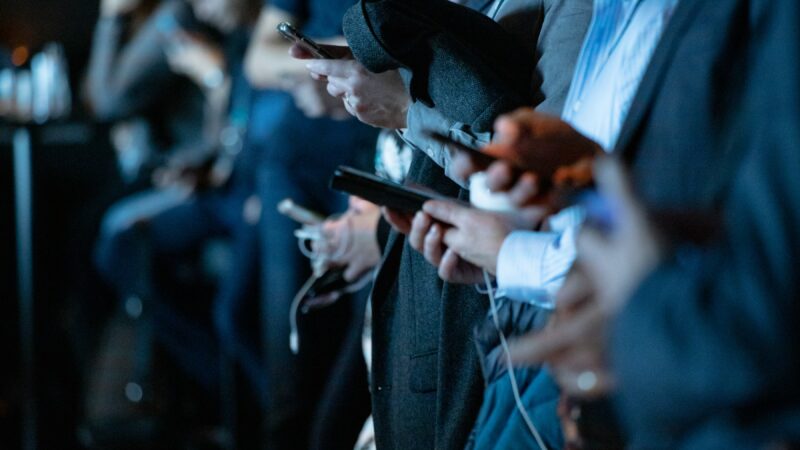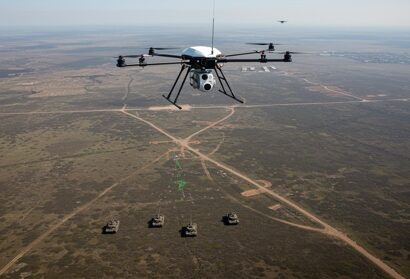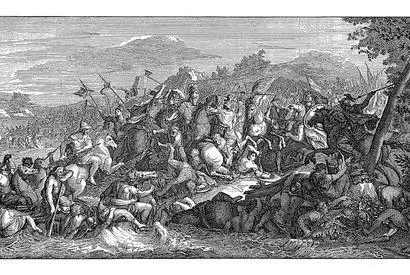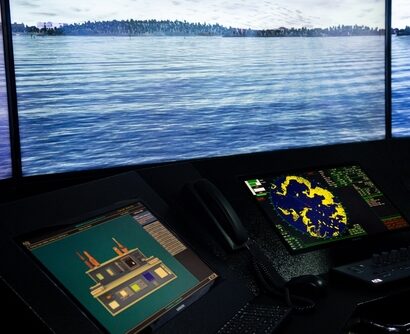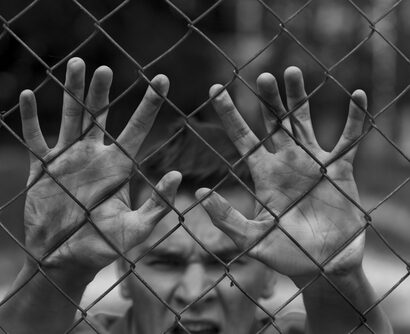Abstract: As much as the current conflict occurs on the battlefield, it is being fought in the domain of cognitive warfare. The current conflict highlights the use of cognitive warfare – to influence public support for either side. In cognitive warfare, the human mind becomes the battlefield. The aim is to change what people think and how they think and act. Cognitive warfare as information warfare is what we see again in the current Hamas – Israel conflict: the bombing of the Al-Ahli Arab Hospital in Gaza and the question of attribution and its exploitation have shown the power of both influence operations and disinformation as key elements of cognitive warfare.
Problem statement: How to understand antagonist power’s efforts targeting young audiences in the cognitive domain?
So what?: The West is on a trajectory to lose its youth to such foreign influence in the cognitive domain. This undermining of Western resilience will only benefit the new global order or authoritarian regimes and despotism, with the PRC and Russia being the two key players. A comprehensive whole of government plus and society approach involving all stakeholders (public and private) is needed to raise awareness and work towards both deterrence and resilience.
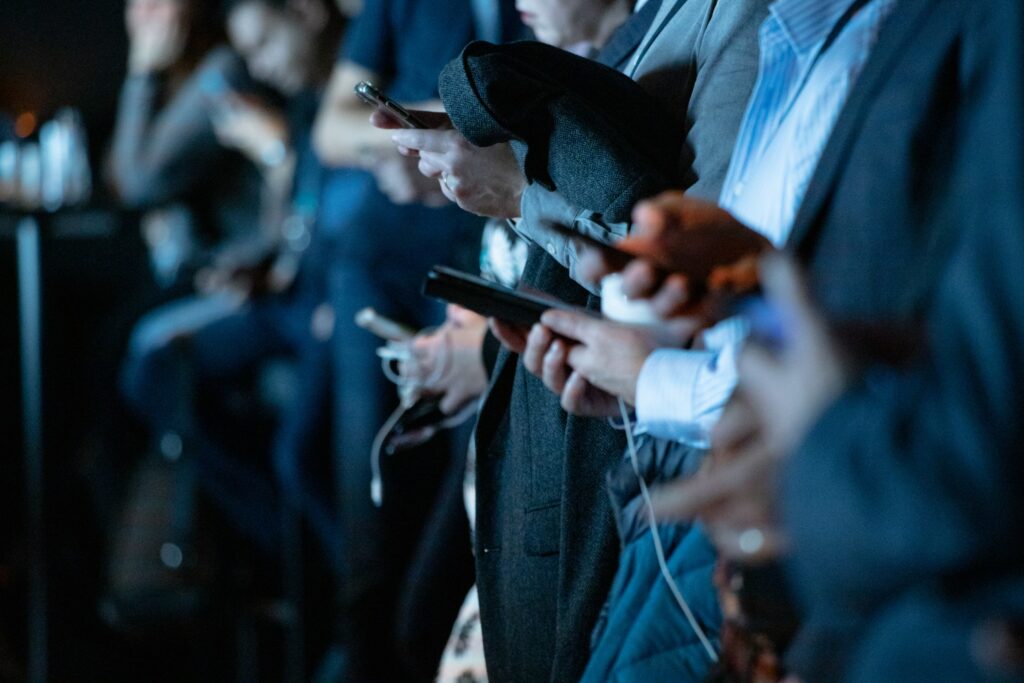
Cognitive Warfare
Disinformation and cognitive warfare operations are being used by both state and non-state actors to influence public opinion. From COVID-19 conspiracy theories to the support of Hamas, the Western public has been and is being targeted in the cognitive domain. Western public has shown its vulnerability to manipulation, highlighted by the extent of anti-COVID activism and now the current demonstrations in conjunction with the present Hamas – Israel conflict.
Western public has shown its vulnerability to manipulation.
The cognitive warfare angle in the context of the current Israel-Hamas conflict aims to influence public support for “for Hamas and Palestinians, and also reignite hatred for Israel. Early signs that this part of Hamas’ plan is going well [include] “victory” celebrations… in countries in the Middle East and even in Berlin and New York, with pro-Palestinian groups cheering Hamas’ killings and other atrocities.”
At a time of heightened tension in the region and globally, an increasing division in civil society regarding the nature and the actors of the Israel–Palestine conflict comes the news of a new TikTok craze: Bin Laden’s letter to America.
The current narrative war against the West, our Western Judaeo-Christian value system and the global rules-based order have many actors. Perhaps the most formidable one is the collusion between Putin’s neo-Soviet Russia and the People’s Republic of China (PRC) under President Xi. Both countries, under their autocratic leaders, see the Western way of life, democracy and the rule of law-based global order as the main obstacle to their vision of a new world order which aims to dismantle the current global governance system, which is dominated by institutions created post World War II by Western Powers and which is seen as a threat to the PRC’s growing influence as major power.
Through the exploitation of the cognitive domain by various means of information and disinformation using the technical opportunities available (Social Media), such as TikTok and its PRC-aligned parent company Byte Dance, the Western youth has become a main target for disinformation.
Both state and non-state actors are using cognitive warfare operations to influence public opinion. Russia has pitched itself as a junior partner in support of the PRC. Both are opportunistic actors exploiting any geopolitical challenge to the maximum. Russian and PRC collusion in the Middle East crisis highlights these developments.
Propaganda and Misinformation
Russia’s use of TikTok as a tool for its cognitive warfare approach against the West in connection with the war in Ukraine has gathered significant traction since the spring of 2022. Propaganda and disinformation aimed at Western, mostly young audiences in the information domain, using Facebook, X (formerly Twitter) and, more importantly, TikTok, have boosted Russia’s propaganda effort and led to increasing success in influencing young minds in Western democracies as well as on the African continent.
Moscow successfully maintained support within the African Union audiences by presenting itself as the moral and legal successor to the Soviet Union, the historical partner of Africa’s liberation movements during the era of decolonisation. Similarly, the PRC presents itself as a non-colonial partner in Africa and has successfully ingrained itself in Africa’s media sector in addition to its ongoing economic and trade diplomacy on the continent. The PRC’s success in Africa is so staggering that a U.S.-led counter-media and information strategy is needed.
Moscow successfully maintained support within the African Union audiences. Similarly, the PRC presents itself as a non-colonial partner in Africa.
Recycling old historical positions and facts regarding colonialism and oppression are part of the new cognitive warfare approach. Adapting historical narratives to new, contemporary realities is highlighted by the current equation of Israel being a coloniser and the Palestinians – including Hamas – being freedom fighters in the current media TikTok operations by both Russia and China. Targeting Western audiences with anti-Ukraine and anti-Israel content on TikTok is highly sophisticated and shockingly successful. Young Australian and U.S. audiences have become convinced that Israel is a foreign coloniser of indigenous land and is waging a genocidal war against the Palestinians as the land’s indigenous people.
It is no surprise that the young audiences in both the U.S. and Australia are particularly vulnerable given that both share common conceptions and experiences on indigenous rights, histories of white violence against ‘black’ minorities and the role and legacy of coloniser history. Gaza and the Palestinian struggle are being seen as part of a wider struggle for indigenous peoples’ rights globally, expressing and reclaiming Palestinian indigenous sovereignty. The theme of indigeneity as resistance against colonialism goes to the heart of the just mentioned Western post-World War II global system as exactly those powers responsible for colonialism and ignoring their post-colonial role in building the rules-based global order. While reducing Western powers to their role and complicity as colonising powers is obviously simplistic and ignorant of the massive changes these states went through and their contributions post-decolonisation, it works and is part of the PRC’s global war against modern history and Western identity.
The PRC recently fired a shot across a Western-centric version of history when Chinese ‘experts’ claimed that the Greek scholar and philosopher Aristotle did not exist and, hence, Western Greek-Roman philosophy was a historical fraught. The PRC attempts to rewrite global cultural identity and heritage. This cultural power competition has to be seen in light of the PRC’s increasing use of soft power and as a response to U.S. and Western attempts to limit the PRC’s influence via its Confucius institutes, which have been rightly labelled as ‘China’s Trojan’ horse.
TikTok’s targeting of Generation ‘Z’ in the context of the Palestina – Israel conflict highlights the role this generation is being accredited for in going against the political and diplomatic position their governments would take. Squarely aligned with cognitive operations targeting social justice movements like Black Lives Matter and including ‘Boycott, diversify and sanction’ (BDS) and ‘Free Palestine’, it is only a question of time before the young generations in the West will have an impact on global policies and diplomacy.
The West’s Oppression
Bin Laden’s letter to America caused a TikTok craze. In this so-called letter to America, Osama Bin Ladin justifies “Jihad against the aggressors as a form of great worship in our religion” and ties the fight against the West’s “oppression” to Israel’s occupation and “killing our brothers in Palestine.” U.S. TikTok users parroted its message of antisemitism, support of Jihad in general and support for Palestinian terrorism. More significant, though, is the direct undermining of the U.S. “Global War on Terror” post ‘9/11’ and its right to self-defence against the acts of transnational terrorism.
Osama Bin Ladin justifies “Jihad against the aggressors as a form of great worship in our religion” and ties the fight against the West’s “oppression” to Israel’s occupation and “killing our brothers in Palestine.”
The PRC’s and Russia’s continuing targeting of young audiences in the cognitive domain while exploiting the asymmetric access to information between the West and the antagonists, information control and limitation is a major threat to the West. With 60 % of TikTok users belonging to the so-called generation ‘Z’, the continuing targeting of this audience and their manipulation in the cognitive domain is today’s greatest ‘hybrid’ threat. A generation in doubt of their belonging, their self-worth and their ability to trust their governments and even society is the best way to weaken Western societies in terms of national identity, patriotism and resilience.
Sascha Dov Bachmann is Professor in Law and Co-Convener National Security Hub (University of Canberra), University of Canberra, and a Research Fellow with the Security Institute for Governance and Leadership in Africa, Faculty of Military Science, Stellenbosch University. He is also a Fellow with NATO SHAPE – ACO Office of Legal Affairs, where he works on Hybrid Threats and Lawfare. The views contained in this article are the author’s alone.


